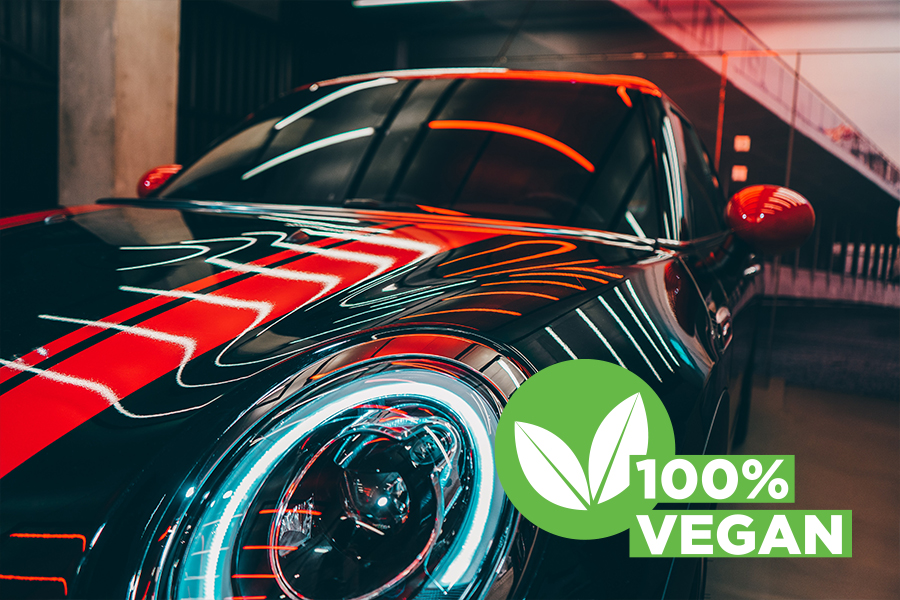You don't have to be a vegan or vegetarian to be at least a little surprised: According to the animal rights organisation Peta, the automotive industry consumes around 20 percent of the animal hides available worldwide for vehicle interiors. I will let others debate the question of whether it is morally justified that millions of animals lose their lives for our leather seats.
Animal leather: "Catastrophic effects on the climate"
But even if you want to stay out of the debate about ethics and morals in this regard, the issue affects us all. Because the production of animal leather appears to have catastrophic effects on the climate and the environment, according to the warnings from Peta in the Spiegel publication, for example. After all, "cows produce tons of methane and carbon dioxide, they require years of feed and huge areas of fields". So it's no surprise that many car manufacturers now offer leather-free alternatives such as textile interiors from "Alcantara" or "Sensatec".
Recycling materials instead of animal leather
Volvo, for example, has developed Nordico textiles as a leather replacement, which is made of recycled wine corks and plastic bottles. The material will be used in all future electric models. Land Rover has also decided to use recycled materials in its interiors. In cooperation with a special material firm, the company developed a durable wool fabric of high quality. In the Range Rover Evoque, it is used in combination with Dinamicaours, for which 53 0.5 litre plastic bottles are recycled per vehicle.
Porsche also places great importance on recycling. The Taycan, the company's first fully electric sports car, comes with the company's updated leather interior. The complete leather-free equipment uses the material "Race-Tex", which is made of microfibre and is produced partly from recycled polyester fibres. Another recycling fibre obtained from reused fishing nets is used in the flooring.
Not every manufacturer is dispensing with leather seats completely
But not every manufacturer wants to completely dispense with leather seats. Since April, companies such as BMW, or Volkswagen have joined the Leather Working Group (LWG). In the charitable organisation, which has set itself the motto of "responsible leather procurement", around a quarter of the world's leather producers are represented, from tanneries, to leader processing industries and associations, right through to dealers and buyers.
To enable responsible and semi-sustainable leather procurement, LWG has defined special certification standards that enable independent and transparent assessment. The aim of these standards and regular inspections is to assess, in particular, the traceability of leather resources and to verify the companies involved with regard to environmental aspects, production processes and social standards. That's something at least.

